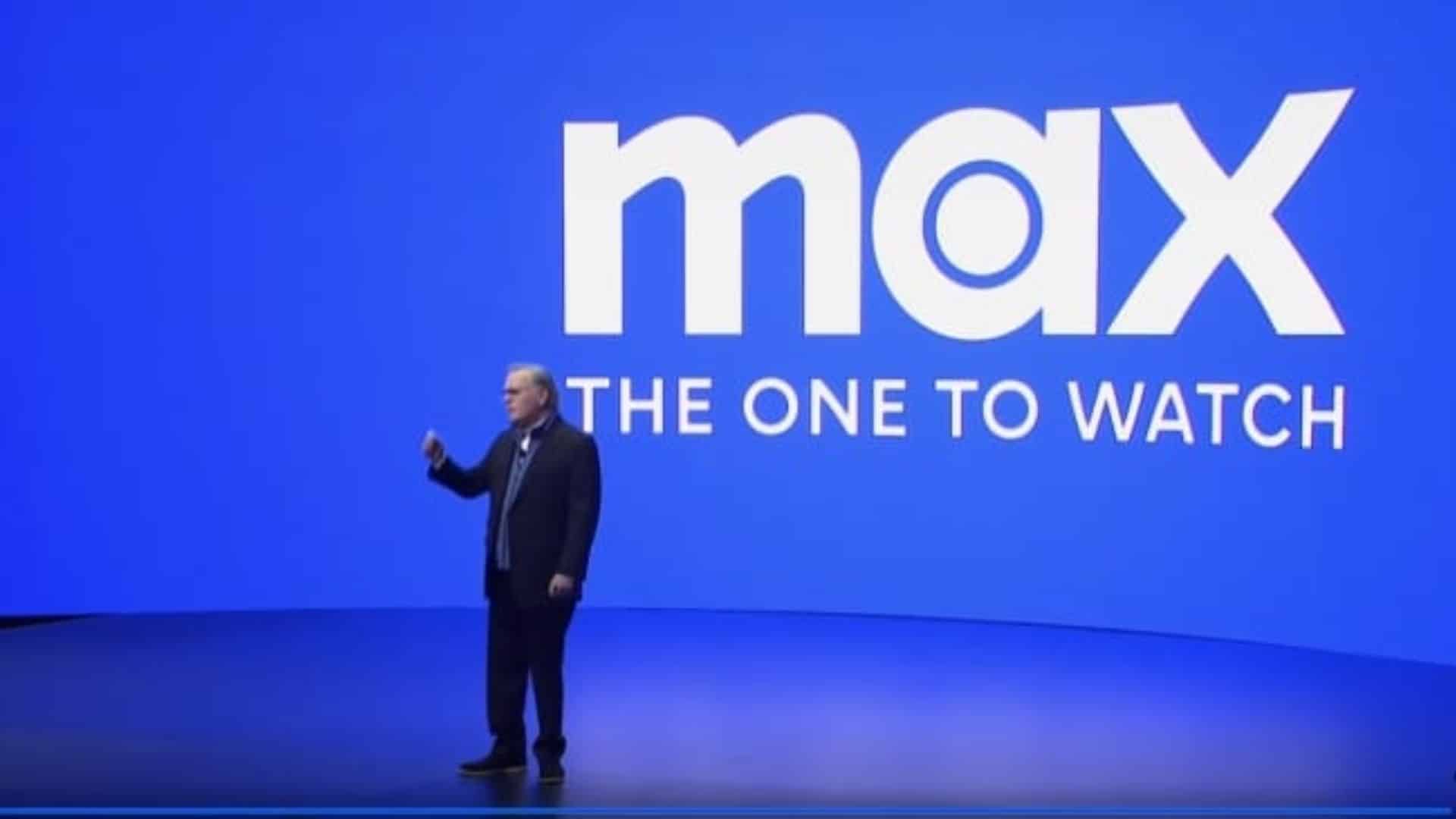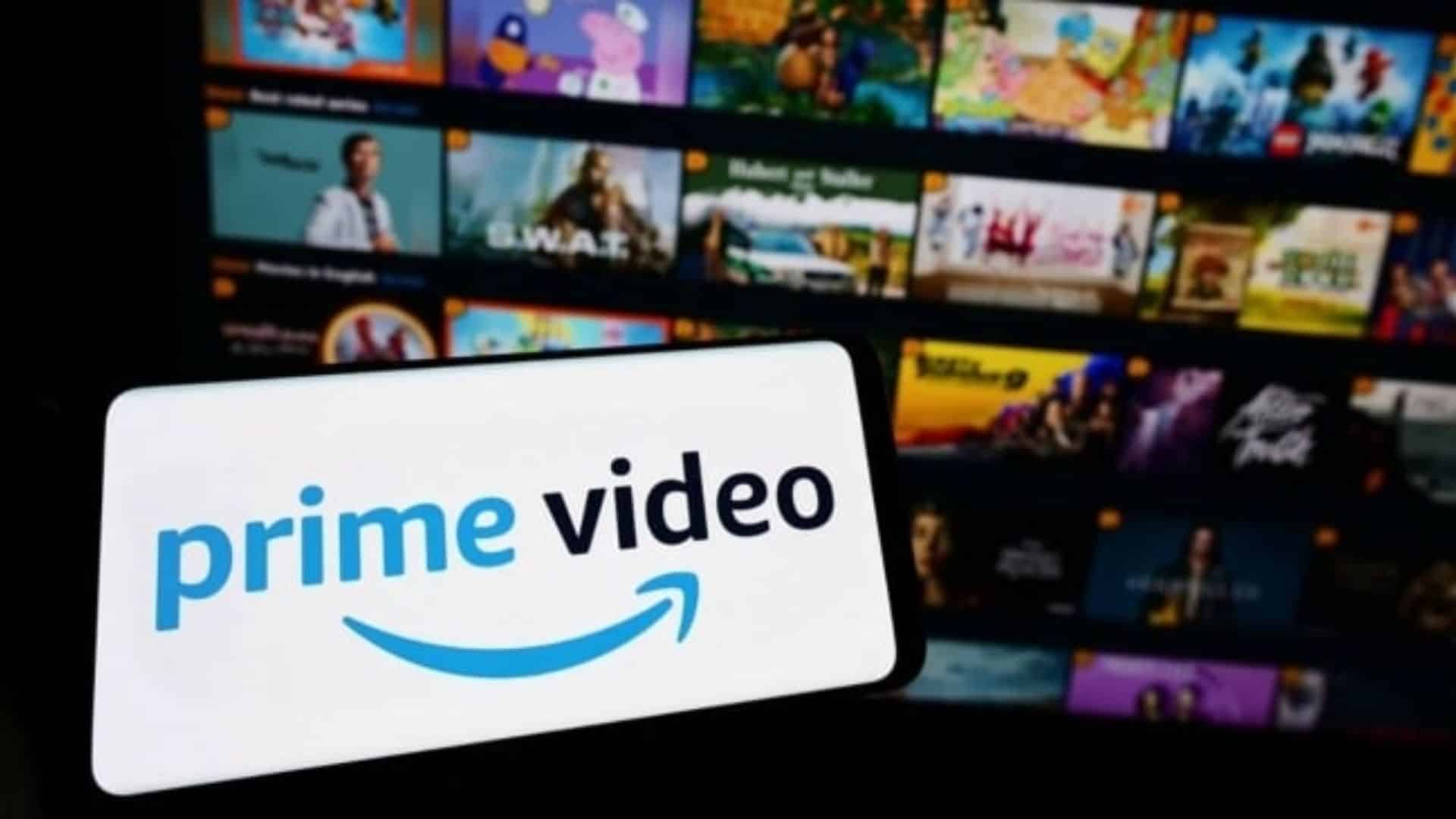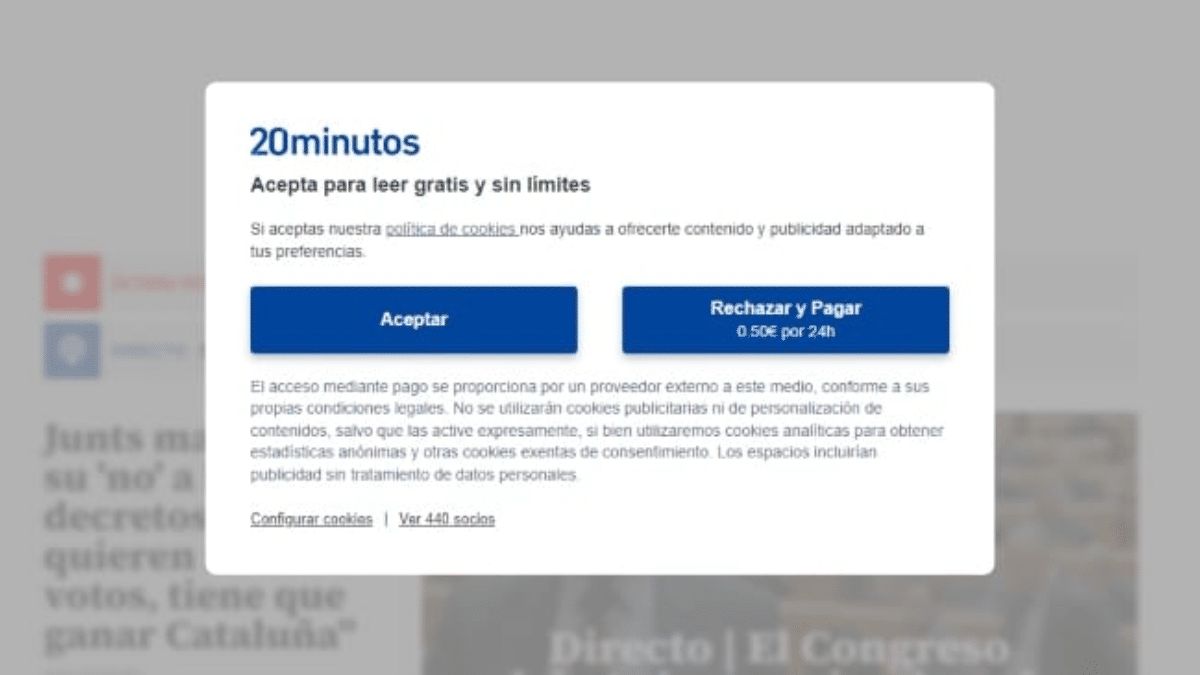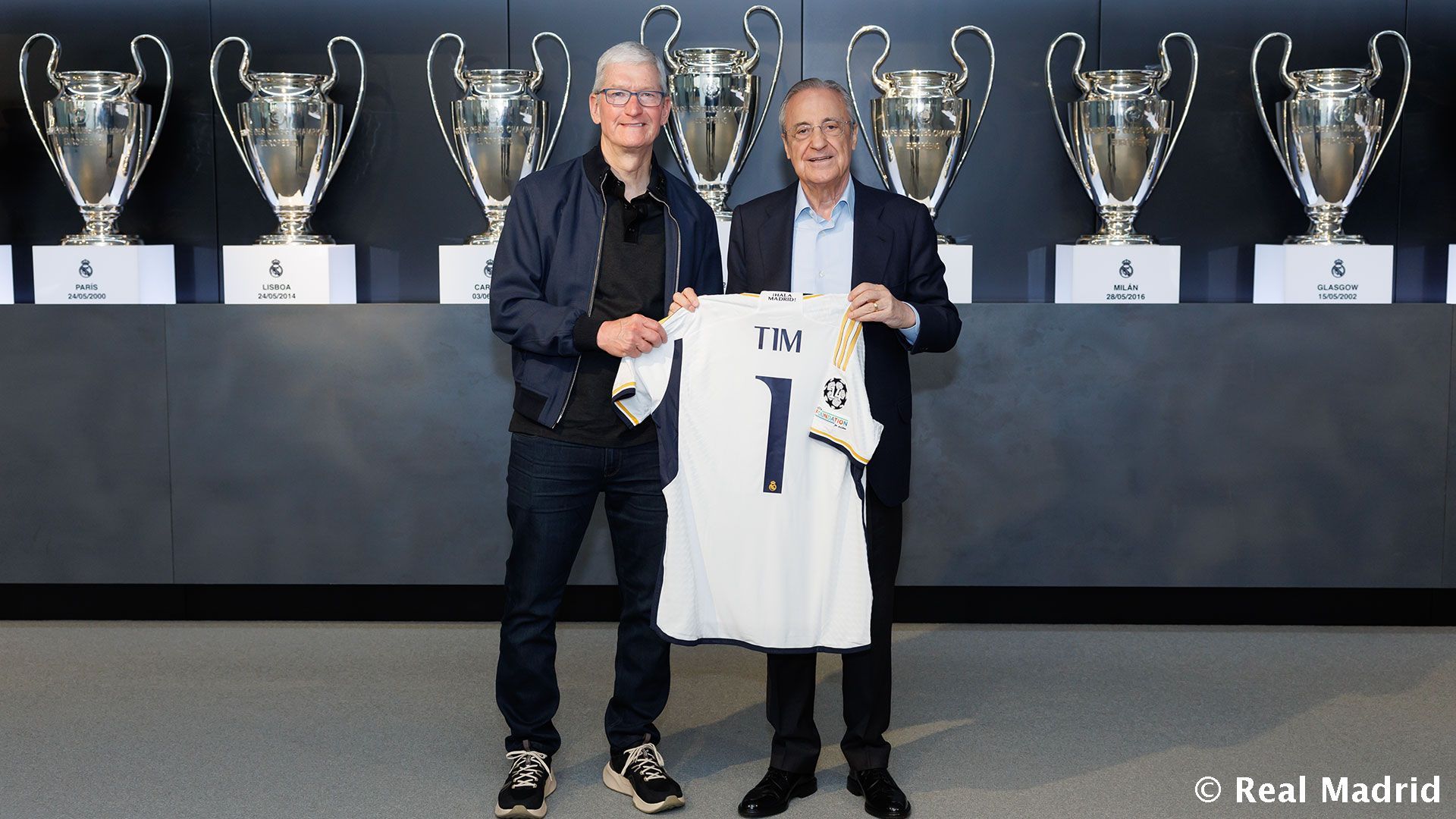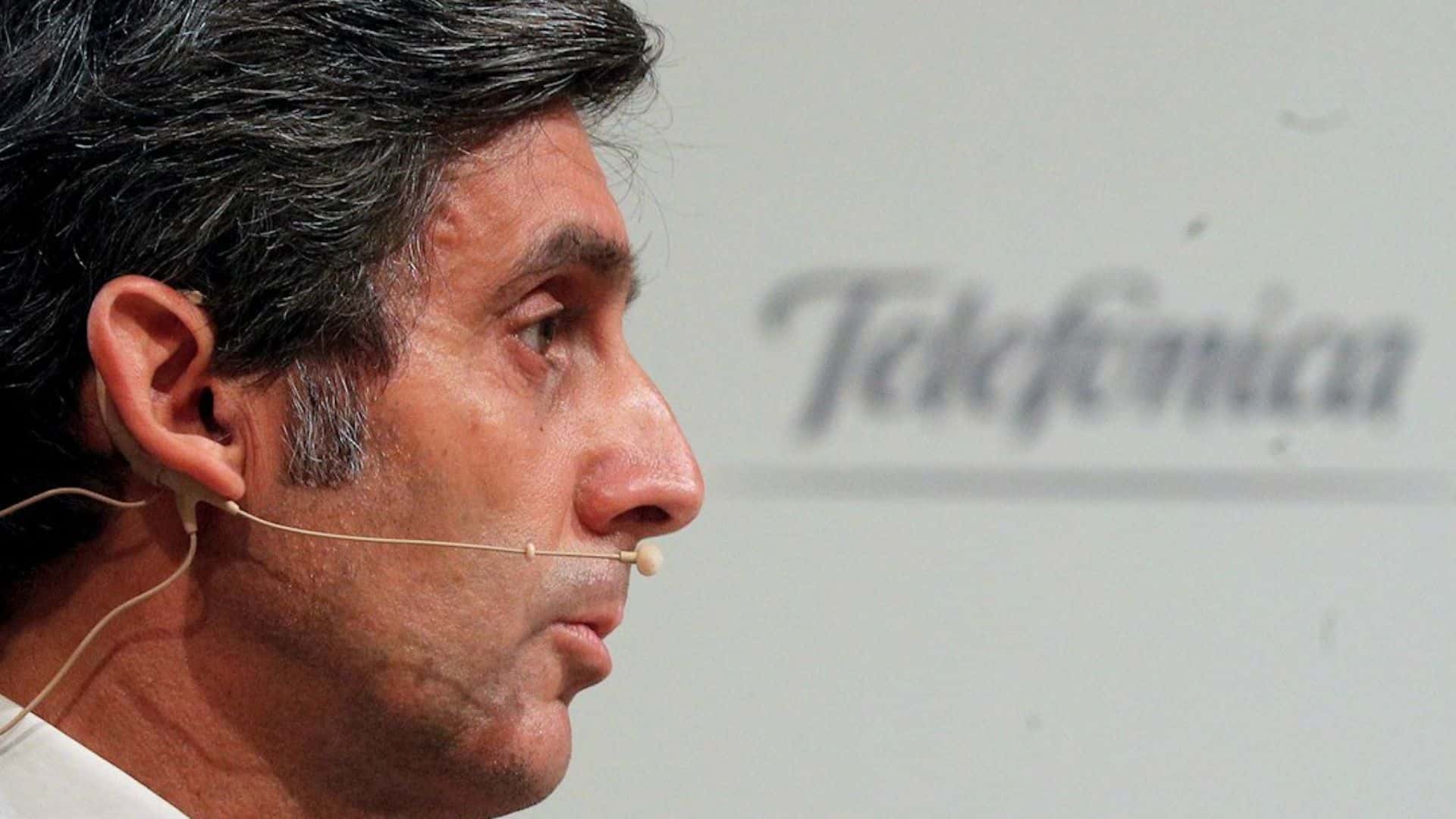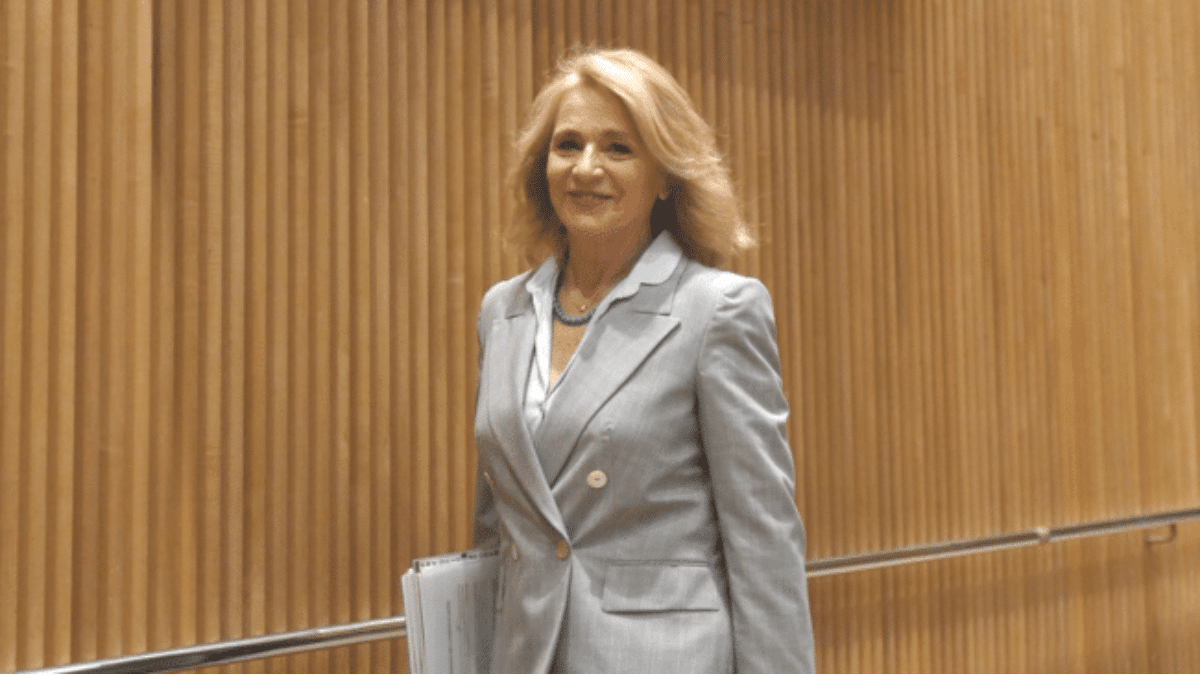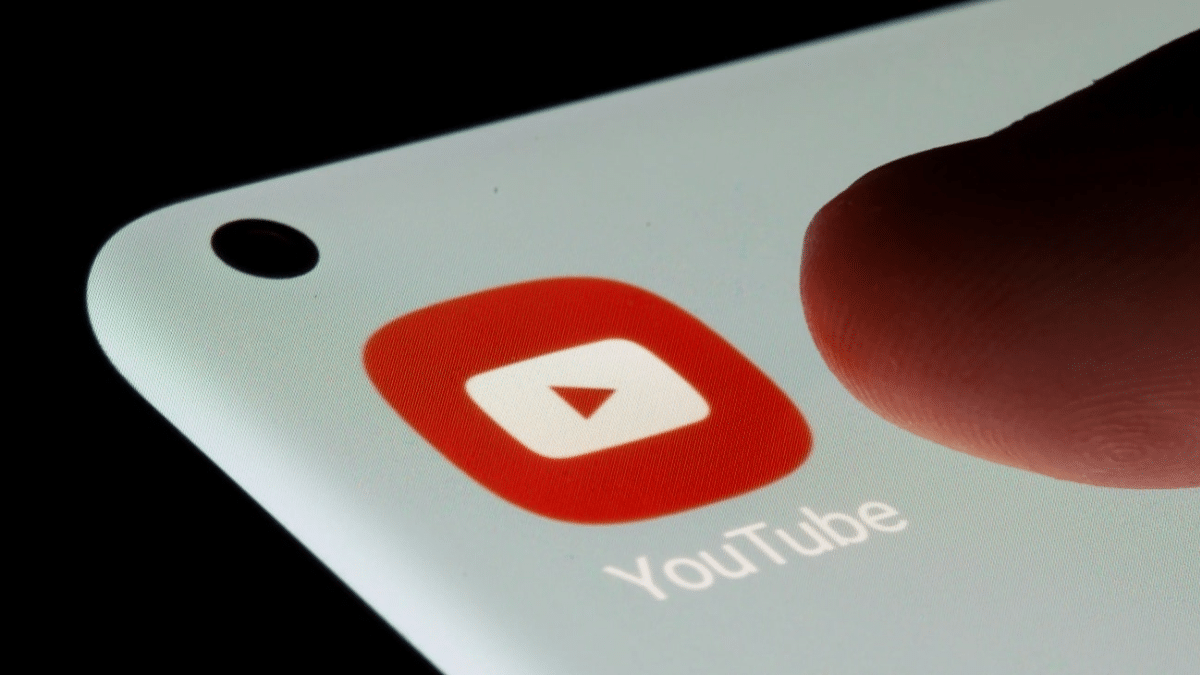
Adalytics uncovers improper tracking to serve inappropriate advertising in YouTube children’s videos
The Adalytics report on video campaign placements on third-party sites run by Google that do not meet its own standards continues to raise eyebrows, but a new study by the company anticipates more trouble for the tech giant. This time the analysis focuses on YouTube’s alleged serving of adult advertising on around 100 videos deemed to be for children based on more than two decades of illegal tracking of such content in the US.
These results have provoked the reaction of Senators Ed Markey and Marsha Blackburn, Democrat and Republican, respectively, who have written to the Federal Trade Commission (FTC) requesting it to examine Adalytics’ explanations and its possible non-compliance with the law. Both point out that this practice could go against the Children’s Online Privacy Protection Act (COPPA), approved in 1998 and in force since 2000 with successive revisions since then. This legal framework obliges platforms to obtain parental permission from children under the age of 13 to collect their data, among other things.
In fact, in 2019 Google reached an agreement with the FTC to pay a record fine of 170 million dollars that settled a case opened precisely for tracking and selling targeted advertising to children on YouTube. At the time, the company also agreed to limit the collection of information and to stop serving personalised advertising in videos aimed at children.
Adalytics identifies in its report more than 300 ads for adult product brands in nearly 100 videos designated as “made for kids”. Some of these include violent content involving explosions, guns or car crashes. The New York Times also did its own testing and found that when a user who was not logged in clicked on ads in children’s channels, they were taken to sites that put trackers in their browsers.
The company releases a second report in a short time that takes Google’s advertising practices to task, this time on its video platform.
The newspaper contacted Google to get its side of the story, and Google responded to the findings by calling them “deeply flawed and misleading”, just as it did with the results of the previous report by the same authors. In this case it explained that it does not display personalised campaigns in videos aimed at children and that its practices are fully in line with COPPA. It defended that any adult advertisements in such content are useful and that it is not responsible for the possible collection of data on a third-party website that the user arrives at after clicking on one of them.

